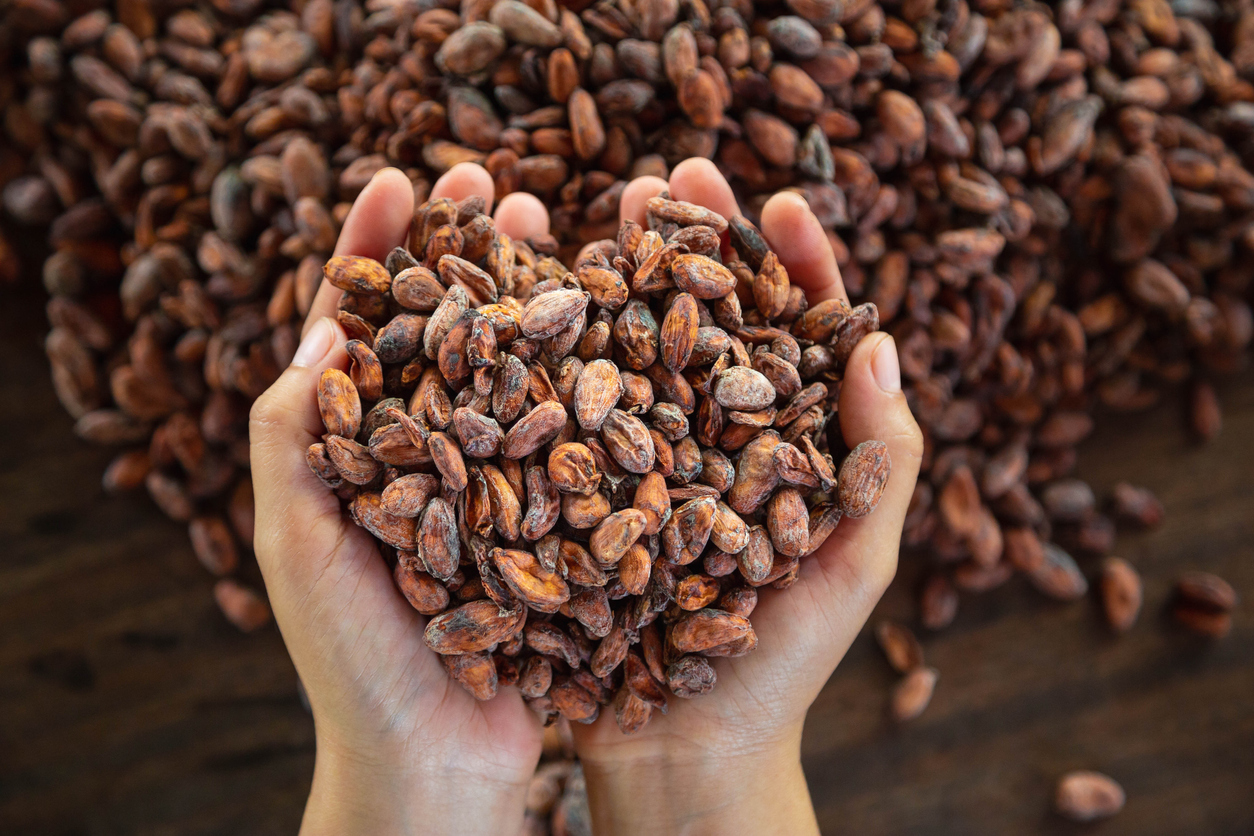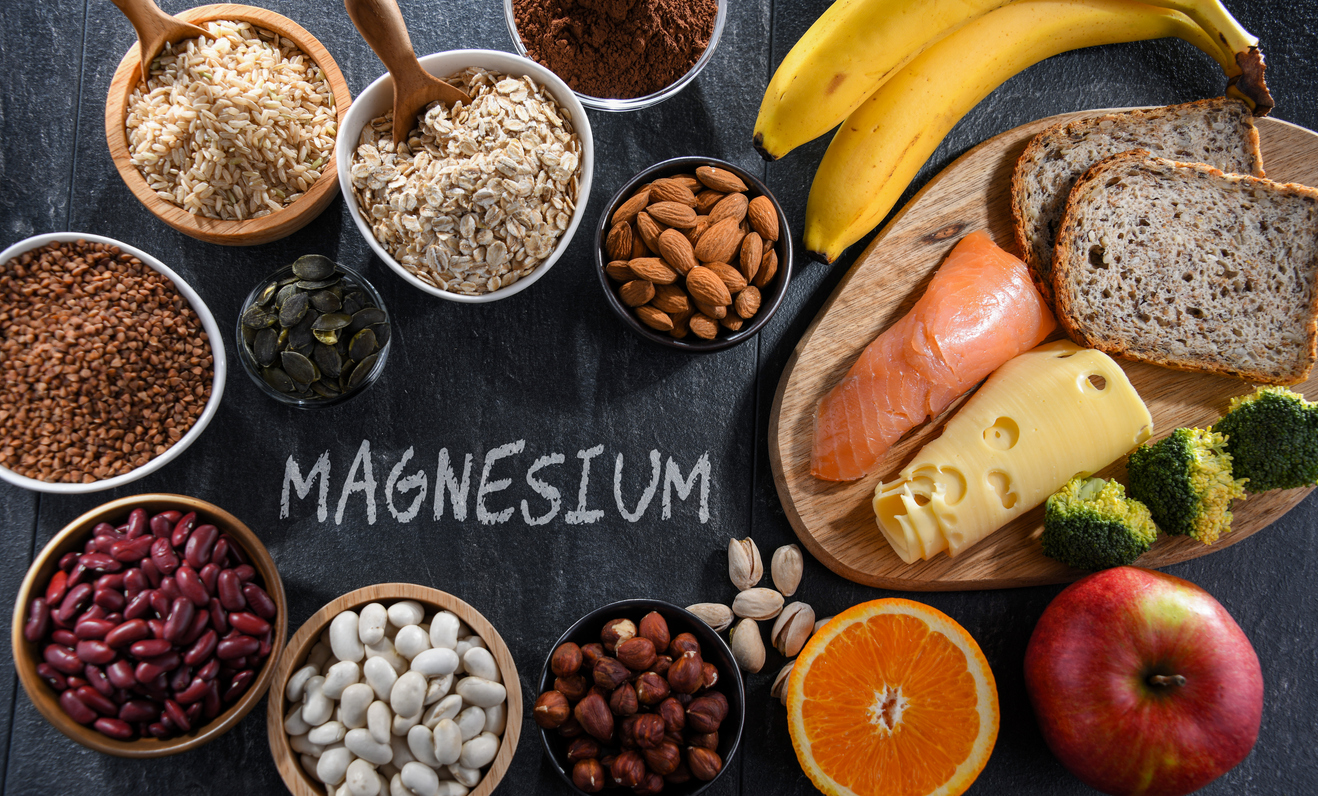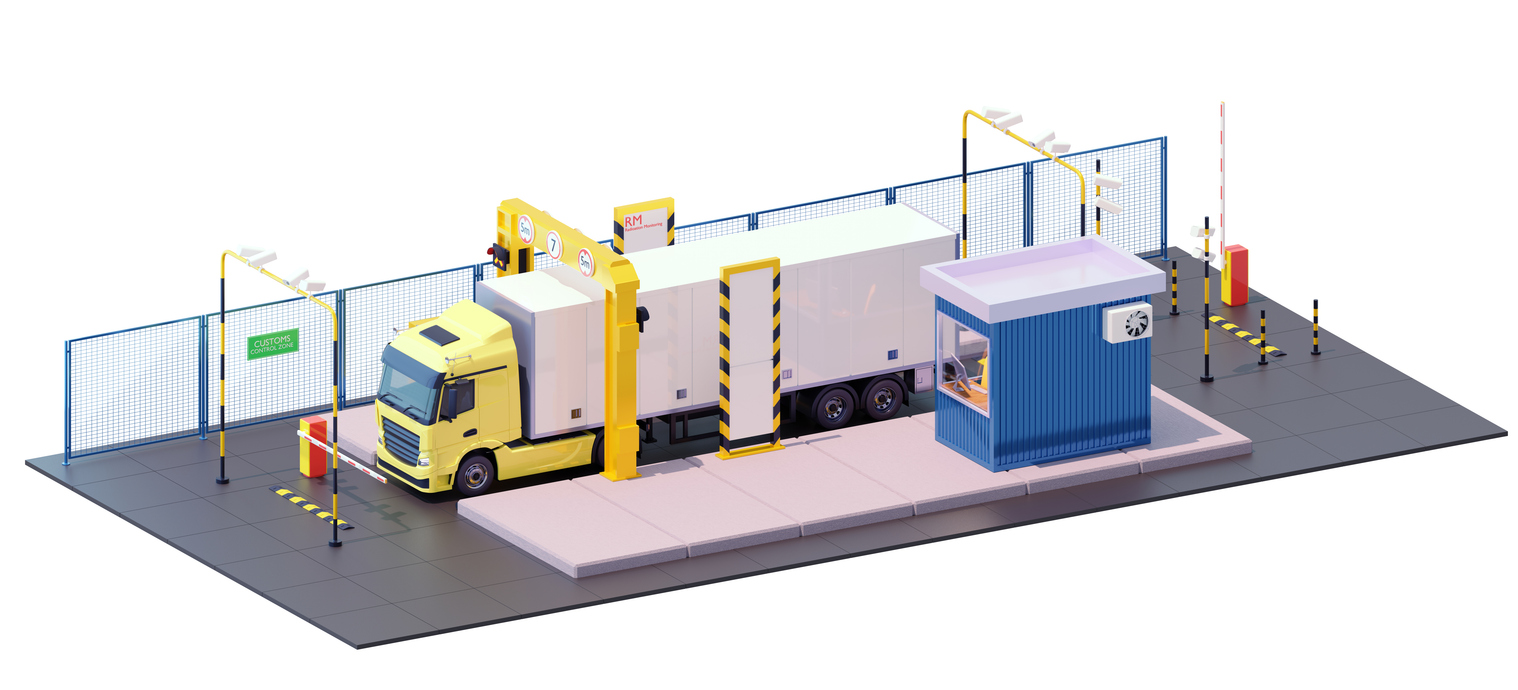Wigmore Trading: The Best Cocoa Beans Supplier in the UK
Wigmore Trading: The Best Cocoa Beans Supplier in the UK
When you think of chocolate, you might also think of cocoa beans. Even if you don’t know much about it, the taste of the chocolate should give you some idea about its primary ingredients. We all love eating chocolate, but not everyone knows where does the cocoa come from or how is it made? It turns out that cacao pods are actually a fruit that comes from tropical evergreen trees. There are thousands of different varieties, and their flavors and aromas vary widely according to soil conditions and the environments in which they grow. The process of making cocoa is long and complicated. This article will look at different varieties of cocoa plants and explain how Wigmore Trading as a leading supplier of high-quality cocoa beans has made it simple for chocolate manufacturers to source them with ease.
The different types of cocoa beans
There are four different types of cocoa beans. These are Forastero, Criollo, Trinitario, and Nacional. From a taste point of view, Forastero and Criollo are the two most popular types of cocoa beans. Forastero is the most widely grown cocoa bean in the world and it is also the least expensive cocoa bean type. Forastero tends to be of a lower quality, though it is not necessarily a bad thing. It is not as rich or complex as Criollo and it has a more ‘bitter’ taste. Criollo cocoa beans, on the other hand, are rare and therefore more expensive than Forastero. These cocoa beans are grown in a few places – notably Venezuela, Ecuador, and Colombia – have a very fruity taste, and have less caffeine.
Why are there different types of cocoa beans?
The difference in taste between the types of cocoa beans is due to the climate and soil in which they are grown. Forastero grows best in higher-altitude tropical growing areas, while Criollo prefers tropical lowland areas. Criollo cocoa trees were once grown in abundance in South America. However, their cultivation has been overtaken by the more productive and less expensive Forastero trees. Forastero trees are easier to grow and produce high yields of cocoa, while Criollo trees are quite finicky and produce a small amount of cocoa per tree. The Forastero trees also have a higher yield of cocoa beans, which means that chocolate manufacturers need to use less cocoa beans per pound of chocolate than they would if they used Criollo trees.
How is a cocoa bean made?
The cocoa beans are harvested from cocoa pods on trees. Farmers typically pick the cocoa pods when they are ripe and still in the tree. After harvesting, the pods are broken open to harvest the cocoa beans inside. The cocoa beans are then fermented in large tanks of water to remove their ‘bitter’ taste. The fermented cocoa beans are then dried out in the sun and bagged. When making chocolate, the cocoa beans are roasted inside the cocoa bean shells before they are broken open to collect the cocoa nibs. After the nibs are collected, they are ground up to produce cocoa powder. Alternatively, cocoa butter is melted and cocoa solids are extracted to create a dark chocolate bar.
Wigmore Trading: A trusted supplier of cocoa beans
Wigmore Trading is a leading supplier of cocoa beans in the UK. As one of the country’s largest cocoa bean importers, they know that cocoa beans are the foundation of all chocolate. With over 30 years of experience in the industry, Wigmore Trading is known for high-quality products, exceptional customer service, and timely delivery. Wigmore Trading is a trusted supplier for many of the UK’s leading chocolate manufacturers. From large multinational companies to smaller artisan chocolate makers, Wigmore Trading has supplied cocoa beans for many successful chocolate brands. Wigmore Trading helps to provide the quality, consistency, and taste that’s required by chocolate manufacturers.
Cocoa shells and duds
Cocoa shells are the outer shells of the cocoa beans. Cocoa shells are broken and then roasted at high temperatures to extract cocoa butter. Chocolate bars are made with cocoa butter, and it’s also used to make cocoa powder. Cocoa shells are also used in products like cocoa-based drinks and pastries. Cocoa shells are also used to make cocoa liquor – a mixture of cocoa beans and cocoa shells. Cocoa liquor is used to make chocolate liqueur and cocoa powder. Cocoa shells are also used to make animal feed, compost, and cocoa shells carbon. Cocoa shells carbon is used to make activated carbon, which is used in water filters and respirators.
Conclusion
When you think about it, cocoa beans are one of the most important foods in the world. They are the basis for every chocolate bar, but they are also used in many other drinks and desserts. If you love chocolate, you should know a little bit about cocoa beans! Wigmore Trading is a trusted supplier of cocoa beans in the UK. They provide high-quality products, exceptional customer service, and timely delivery. They are a one-stop shop for cocoa beans, cocoa shells, and cacao nibs.







LEAVE A COMMENT
You must be logged in to post a comment.